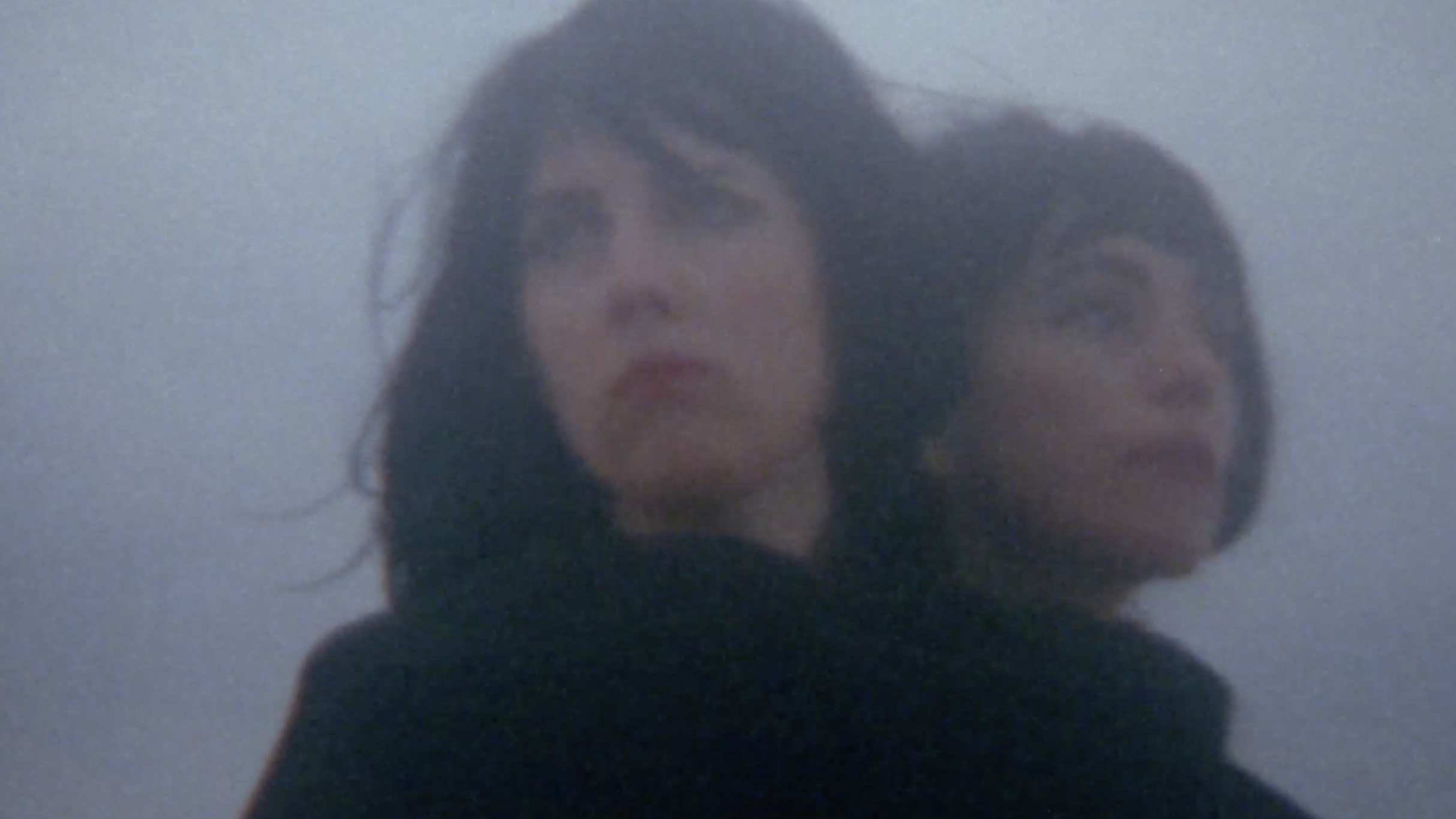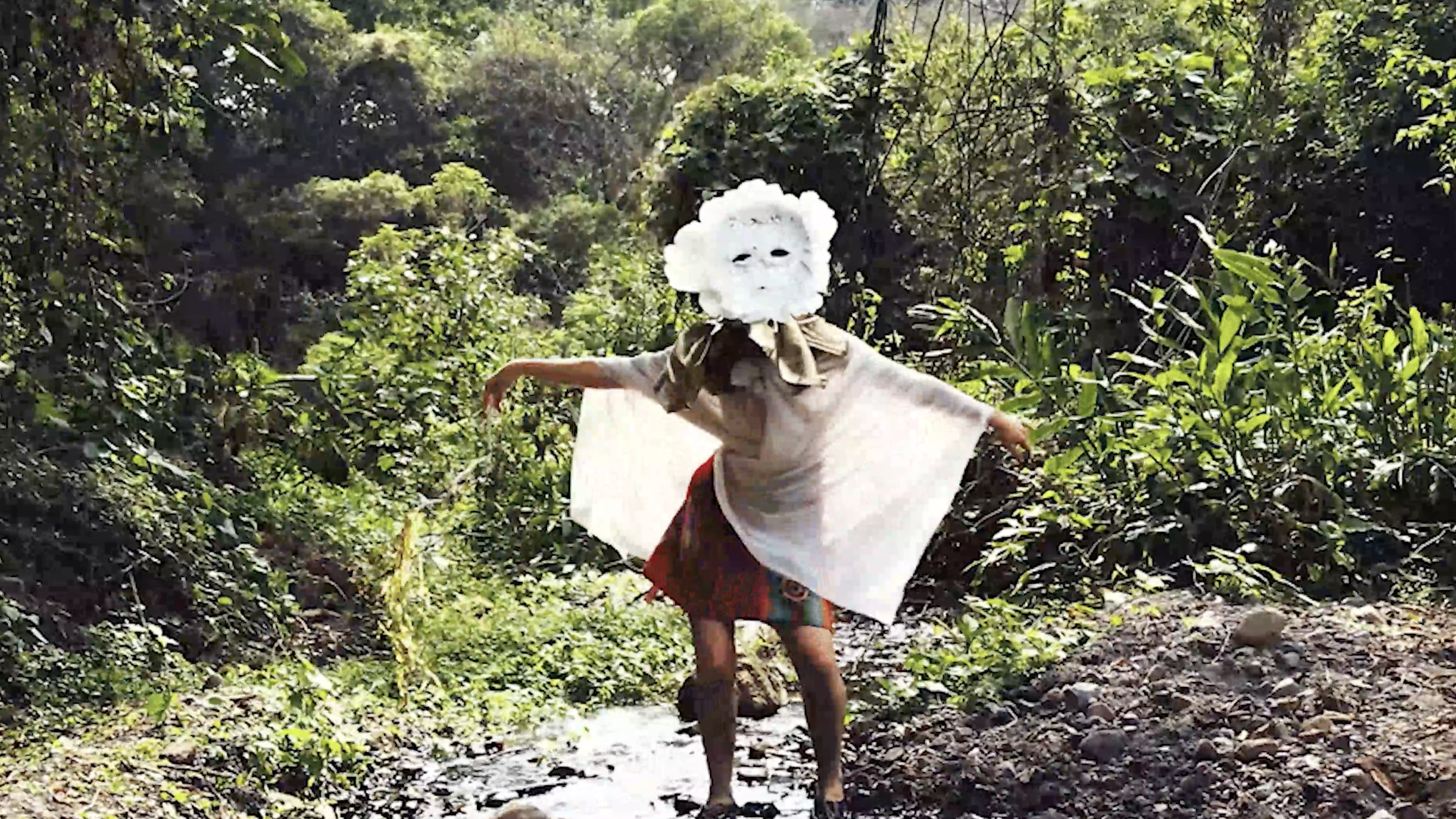 Image 1 of 6
Image 1 of 6

 Image 2 of 6
Image 2 of 6

 Image 3 of 6
Image 3 of 6

 Image 4 of 6
Image 4 of 6

 Image 5 of 6
Image 5 of 6

 Image 6 of 6
Image 6 of 6







Videoart and Experimental Film with Rodrigo Courtney - June 20, 21, 22
This is a three session (3 day) workshop for video enthusiasts, film students, multidisciplinary artists, creatives, pirates, audiovisual creators, and cinematographers.
This is a three session (3 day) workshop for video enthusiasts, film students, multidisciplinary artists, creatives, pirates, audiovisual creators, and cinematographers.
This is a three session (3 day) workshop for video enthusiasts, film students, multidisciplinary artists, creatives, pirates, audiovisual creators, and cinematographers.
Dates: June 20, 21, 22
Times: Fri, Sat, Sun 1pm - 7pm
Levels: All Levels
Membership Price: $500 Use code MEMBERS10 to apply discount
Our objective is to improve our understanding of our own creative process.
- Take steps to find our own voice in audiovisual creation.
- Learn about the history and creative processes of different figures in experimental cinema and video art.
- Explore, analyze, and deconstruct our influences.
- Create a collaborative piece of video art and/or experimental cinema.
About the Instructor:
Rodrigo Courtney, also known as Fangs, is a Mexican experimental filmmaker and video artist from Guadalajara. He began his career as a documentary filmmaker, developing an unconventional directing style influenced by Gonzo journalism. Over time, he transitioned into experimental film and video art, using these mediums to express and share his unique perspective on life in this beautiful yet chaotic world.
Many of his audiovisual works include strong references to his personal life and his own healing processes. Social justice, addiction, dreams, human virtue, art, spirituality and mysticism are often topics of his works. Much of his work is informed by his own experiences and visions from the use of sacred plants such as peyote, ayahuasca, and psilocybin.
Rodrigo is currently researching alchemy, the exploration of the subconscious mind, and mythology and myth creation, to create otherworldly audiovisual pieces. For the last 3 years, together with his partner, performer, jeweler and multidisciplinary artist Hanna-Katarina, they’ve been creating video art and experimental audiovisual pieces that dive into dreams, myths, memories, visions, and our perceptions of reality.
Workshop Description:
Download Videoart Workshop Overview PDF
SESSION 1:
Introduction
Synchronicity brought you here (on Jung)
Finding Our Own Voice
Your relationship with cinema as a child
Do you remember a moment when cinema changed you?
Do you believe you are passionate about cinema and/or video?
Cinema is just a language to amplify your voice
What would you like to say?
Do you know what your voice is?
Does finding your own voice involve listening to yourself?
We are all documentarians
Listening to oneself
Art and activism
Is there a mission? What is your mission?
Understanding Experimental Cinema
Avant-Garde / Dadaism / Surrealism and Experimental Cinema
On questioning the system
Surrealist and Dada influences
Who buys experimental cinema?
Maya Deren and Amateurism (Non-commercial cinema)
DIY Cinema (Jonas Mekas)
Experimental
Based on experience, or something known and understood through it. (e.g., Physics, experimental knowledge).
Serving as an experiment, with a view to possible improvements, applications, and dissemination.
Aiming at the search for new aesthetic forms and innovative expressive techniques.
Translating Personal Experiences and Beliefs into Images
*Exercise to translate experiences or beliefs into images:
1. Identifying a belief or personal experience you'd like to express through video.
2. Once identified, it is shared with the group to then explore different ways to approach it as an image.
3. Deliver a video piece no longer than 1 minute in the following session.
4. Attempt to identify the parts of the creative process activated during this activity.
Technical Aspects vs. Intuition
What do you know you don’t know about cinema?
What do you know about cinema?
It doesn’t matter what you know or don’t know about cinema!
Start with what you know
Find motivation in what you don’t know
Experiment and practice
Intuition and Intention
Improvisation requires years of practice
SESSION 2
Putting Ideas into Practice
The importance of understanding our creative process and how it evolves over the years.
Breakdown of your creative process.
Cycles within your creative process.
Shooting collaborative piece
Production plan / Project / Outlines / Shooting List / Script
Select your camera / crew / team / characters / locations
Decide whether the project will be solo or collaborative
Understanding Video Art
Case Studies: Nam June Paik / Pipilotti Rist
Video Postcards
Videodance
Videoperformance
Documentation vs. Video Art
Video Installation as a genre
Music Video / Music Video Clips
Art as a Healing Process
Art is not a struggle (Case study: David Lynch)
Cinema as a healing act (Case studies: Alejandro Jodorowsky and Sergei Parajanov)
Case study proposed by participants
Art is a struggle (Case studies: Werner Herzog / Jane Campion/Kaurismaki)
Influences from other Arts and Direction
Case Study: Hieronymus Bosch / Leonora Carrington (influence of other arts on cinema)
Influences in direction are a personal and evolving process
Richard Linklater / Aki Kaurismaki / Kieslowski / Maya Deren / Terry Gilliam / Parajanov / Storm de Hirsch
Videoart influences
Destroying our influences
Sacred Geometry in Cinema
Framing and composition
Handheld Camera and Intuition
How important is framing and composition to you?
Choosing your primary medium
Cinematography basics
SESSION 3
On Inspiration and the muses
Conflict as creative inspiration
When work is not work
When to collaborate and when not to collaborate
Who to collaborate with
On Limited Resources and Budget
Know your limitations (if any)
Red Dragon vs. Mobile Phone and selecting your camera
Types of limitations (technical, creative, or budgetary)
Production Fundamentals
Socio-emotional approach in projects
How long do film projects take?
Proper selection of your camera and lenses
Budget
Scriptwriting
Locations
Choosing the right crew
HANDS ON
Required Materials list:
Students should bring any type of video camera (can be your phone), a notebook for notes, a laptop computer is optional.
Optional Materials list:
Bring any sound equipment, film equipment, lenses, or audiovisual gear you may want to explore with.

